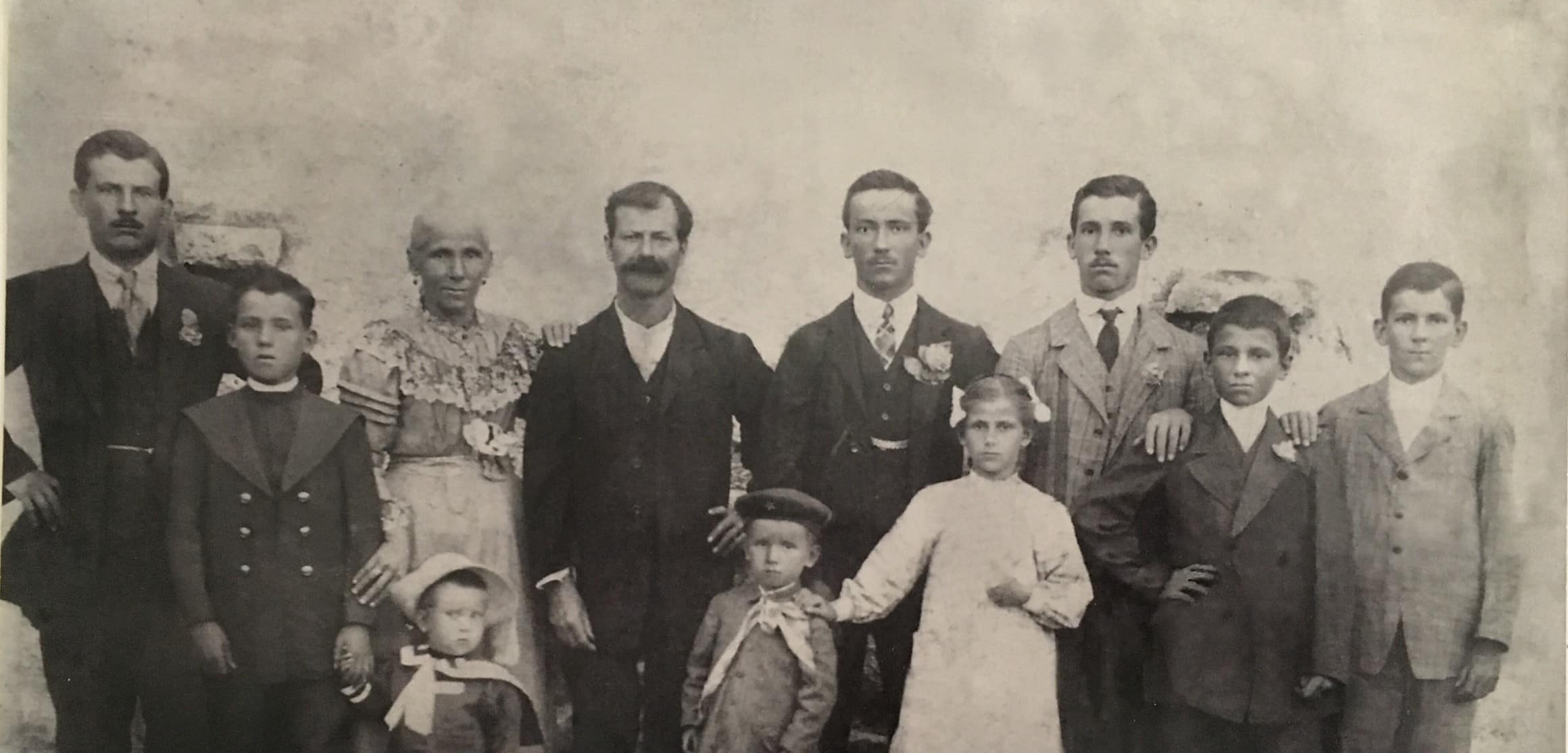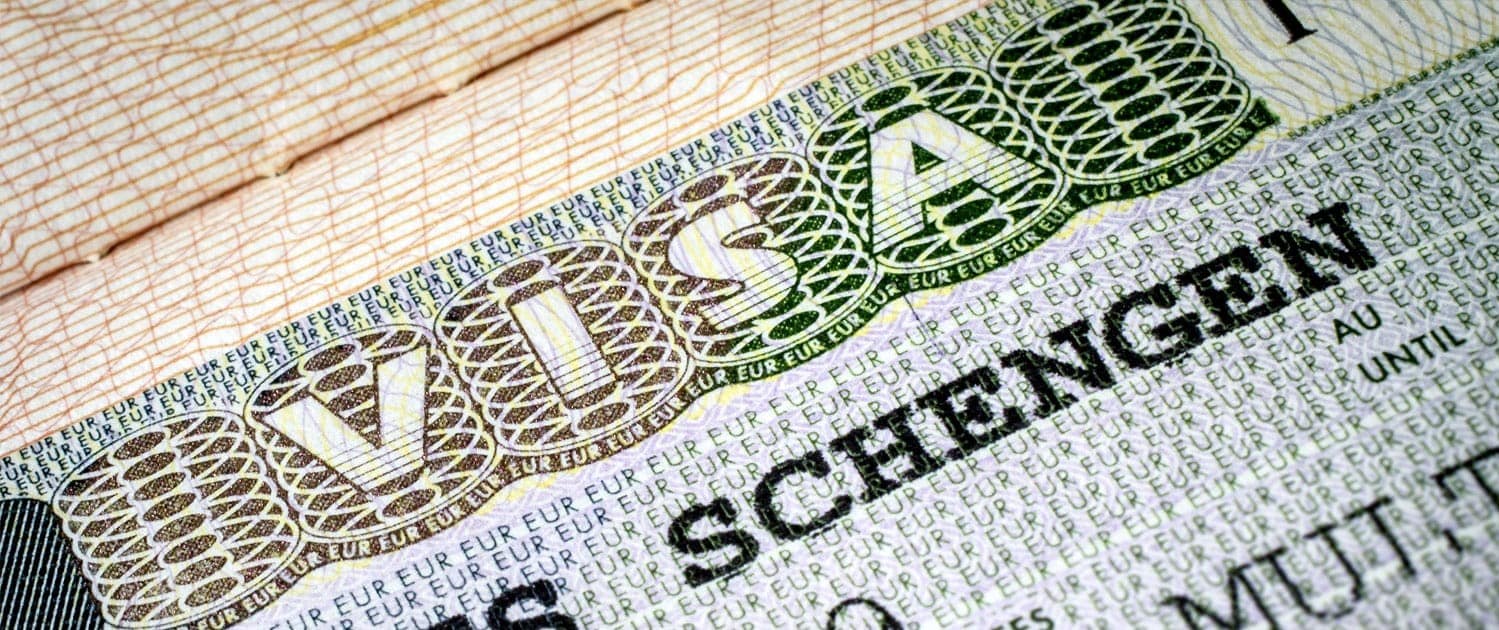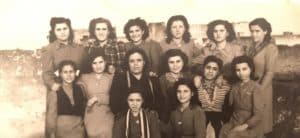The principle of jure sanguinis applies to Italian Citizenship and allows Italian descendants not born in Italy to seek recognition. However, until 1948, citizenship only transferred through the father, leaving many individuals unable to seek citizenship, due to Italy’s archaic laws and customs.
Luckily, legal recourse is available. If you are pursuing dual citizenship jure sanguinis and are impeded by the interruptions in lineage caused by the 1948 Rule, challenging this rule in court may allow you to secure the status of Italian citizen.
The Effects of the 1948 Rule
The 1948 Rule, also known as the female line rule, pertains to the policies granting Italian citizenship jure sanguinis for those with female ancestors. Prior to January 1, 1948 – the date the Italian Constitution was adopted – women could hold but not pass citizenship to their children. This changed with the modern Italian Constitution that granted equality of rights, giving men and women the same rights in regard to passing on citizenship, but prior policies still remain in place for those born before this time. Children born to an Italian mother after 1948 qualify under jure sanguinis as the bloodline is not considered interrupted, but those born before do not. This also applies to lineage that was interrupted before 1948 – for example, an Italian grandmother who had her child before 1948.




